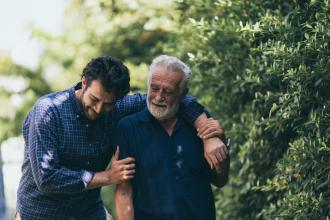My young friend, all of 2 years and 2 months old, received a nice little balance bicycle from his loving grandfather. Not to be left out of the excitement, and to provide some safety to the little rider, I volunteered to get him a suitable helmet. I didn’t think much about the best color for a helmet; I just ordered one suitable for a small child. A lovely red helmet arrived at my address in a couple of days. I sent a photo to the mom, and before I could repack the helmet, a gracious thank you note arrived: “What a thoughtful gift, wonderful, thank you.
Read More




